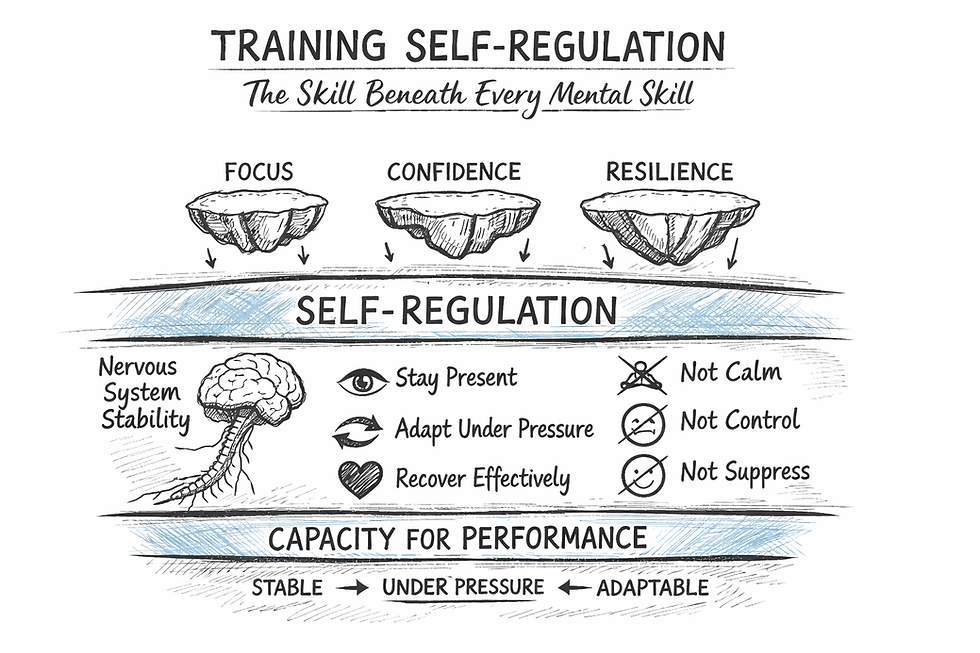One Core Mindset Practice to Help you Perform
- Kate Allgood
- Jan 25, 2023
- 2 min read
Updated: Dec 18, 2023
Your mindset sets the tone. Top performers understand this and make it a habit to set the tone from the moment they open their eyes. Before they put their feet on the ground to start the day, they create the energy and mindset needed to be their best that day and help them navigate the obstacles and adversity.
One of the best practices to help you set up your mindset and help you be at your best is gratitude. Gratitude enables you to lean into vulnerability and helps you stay connected to joy. The appreciation that comes with gratitude will also help put you into a psychophysiological state of optimal performance. Helping you have better hand-eye coordination, mental acuity, and focus and make better decisions.

Every day will not be amazing and full of fun or joy, but you can still purposefully find the ability to be grateful. This may mean finding appreciation in the tough lessons and the moment you are in that will help you be your best, even when it doesn't look the way you want it to. To truly feel grateful is to go beyond the superficial aspects and find appreciation that comes from your heart. To truly feel the gratitude that comes when you appreciate something.
Gratitude is a practice to do every single day. Find a time of day that works for you to consistently do it, and take moments throughout the day to be grateful for the small things in life that will help you create, sustain or shift the energy and mindset to align with what you need to explore the edges of your potential.
To your success,
About: Kate Allgood is trained in the field of applied sport psychology. She holds two Masters degrees in psychology where she graduated with distinction. She has spent the past 14 years working one on one with high school, college, Olympic, and professional athletes to help them with their mindset, mental performance and mental skills training. Kate has also been a consultant for professional teams, including the Anaheim Ducks primary minor league affiliate the San Diego Gulls, to help the team and players develop their mental game. It is important to note that while Kate has graduate school training in applied sport psychology and general psychology, she does not diagnose or treat clinical disorders, and is not a licensed psychologist.
**The information provided is not to dispense medical advice or prescribe the use of any technique, either directly or indirectly, as a form of treatment for physical, emotional, or medical problems, without the advice of a physician. The information provided is only to offer information of a general nature to help you in your quest for high performance. If you know or suspect you have a health problem, it is recommended you seek your physician's advice.



Comments